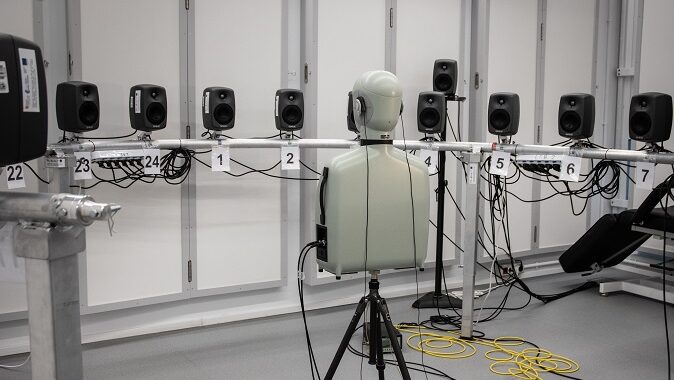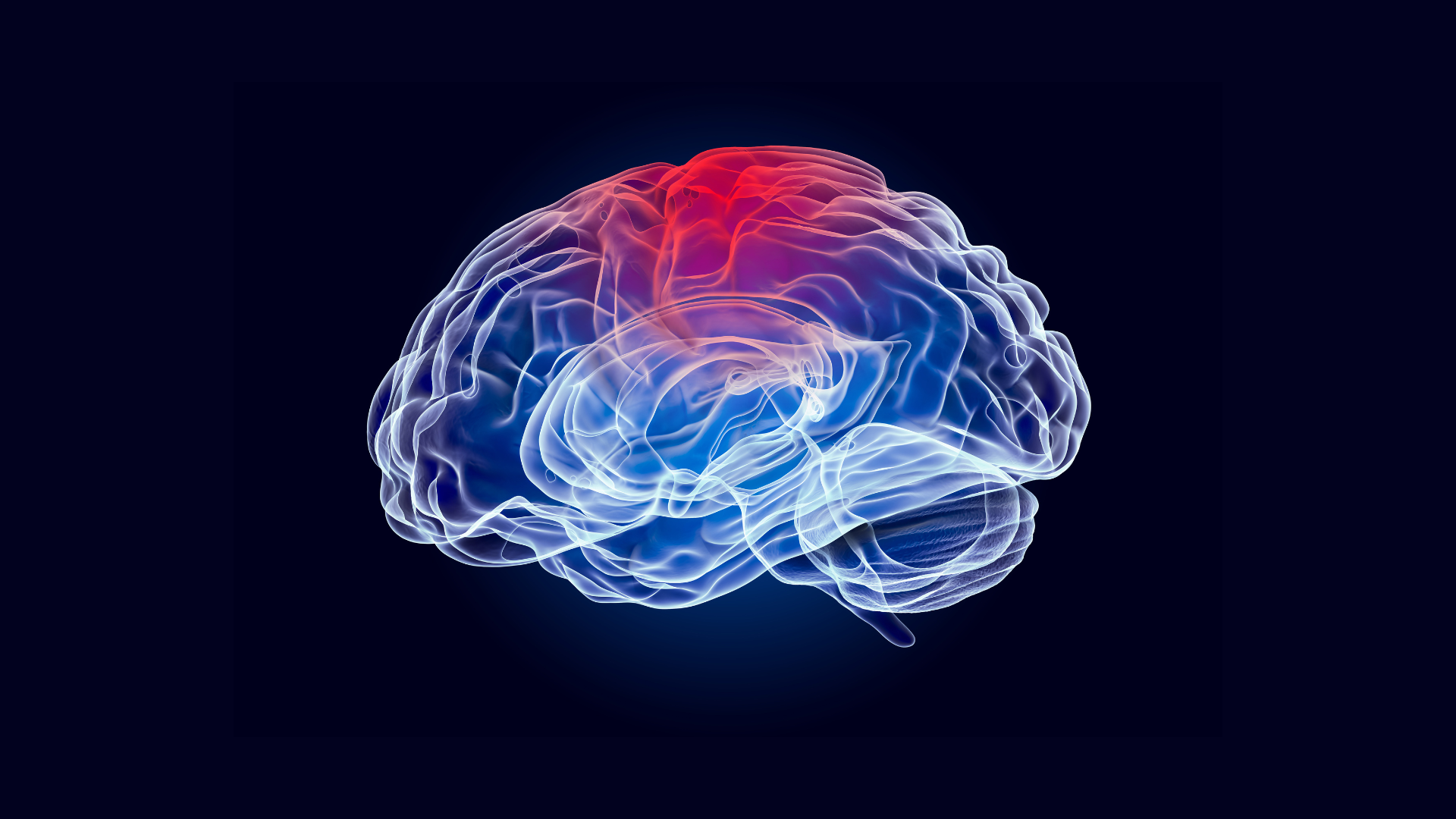Scientific Reports‘ publishes the work led by Professor Enrique López-Poveda that shows that poor adaptation to noise contributes up to 10% to the loss of speech reception thresholds in hearing impaired listeners.
The INCYL and IBSAL researcher warns that treating hearing problems from the age of 45 would reduce the risk of dementia by 9% and that 5% of the population has hearing impairment according to the WHO.
Speech communication is key to social relationships in a global scenario where hearing loss affects millions of people and has a negative impact in many areas, including speech intelligibility. Individuals with hearing loss have more difficulty than normal conversing in noisy environments, despite the aid of hearing aids or loud speech.
Therefore, the scientific community has long been investigating the cause of this deficit with the goal of finding new sound processing algorithms to improve speech understanding in noise for users of assistive listening devices.
Recently, the latest research project led by Enrique López-Poveda, professor of the Otorhinolaryngology Area of the University of Salamanca, also attached to the Institute of Neurosciences of Castilla y León (INCYL) and the Institute of Biomedical Research of Salamanca (IBSAL), showed that this difficulty is largely determined by the ability of auditory neurons to adapt to background noise, demonstrated that this difficulty is largely determined by the ability of auditory neurons to adapt to background noise, “poor adaptation to noisy environments contributes significantly to speech intelligibility in people with hearing problems,” the researcher explains to Comunicación USAL.
The cutting-edge work in auditory neuroscience developed by the research group of the USAL, with the outstanding participation of the scientists Miriam I. Marrufo-Pérez, Milagros J. Fumero and Almudena Eustaquio-Martín, has just been published in Scientific Reports, of the Nature Group , and its results are conclusive, “impaired adaptation to background noise may contribute up to 10% to the loss of speech reception thresholds in hearing impaired listeners”.

Enrique López-Poveda, Professor of Otorhinolaryngology at the USAL, leading his research group.
Study the mechanisms of adaptation
In addition to finding that people with hearing loss do indeed perceive speech as distorted or degraded, which results in them being less able to use acoustic cues in conversation, especially in noisy contexts, the study now identifies a new determinant of speech understanding that has not been addressed in the scientific literature.
Until now, it was thought that the extraordinary difficulty of people with hearing loss was mainly due to the fact that speech sounds were poorly represented in the auditory brain. In the words of the professor of Otolaryngology, “this work has allowed us to understand that it is not only this poor representation that matters, but also the impact of noise and, even more, how the brain adapts to it”.
It should be remembered that auditory neurons adapt their dynamic range of operation to the noisy environment in which listening occurs. Therefore, among other issues, the new research makes it clear that, from now on, “it will be essential to find out what the mechanisms that allow listening in noise are and whether they are damaged, as well as to determine how neurons adapt to it”.
Thus, the USAL finding is important to the extent that “it helps to understand the nature and cause of the communication difficulties of hearing impaired people in order to improve diagnostic techniques and their treatment,” he stresses.

Team members working in the Computational Hearing and Psychoacoustics Laboratory.
Global hearing health
“Hearing is not just the ear. A person can have hearing pathology and his ear can be functioning normally”, this is one of the main premises that López-Poveda uses to explain that, in reality, hearing is a sensory function that allows human beings to interact with the environment and that is fundamental to their health and well-being.
The data on hearing health in Castilla y León, and in Spain in general, are comparable, according to the National Institute of Statistics, to those estimated by the World Health Organization, which establishes that approximately 5% of the population has some type of hearing impairment that would need to be treated.
In this sense, he points out that, although the active pathology occurs in the ear, it has an impact on the brain and on how we relate to each other. Therefore, “we must banish the idea that hearing is dispensable, we cannot do without the sense of hearing,” he says.
If a person is hearing impaired, “their work environment and their social development or social integration could be worse than normal” and, in all of this, verbal communication is “key”. In fact, “if hearing loss is not properly treated, it has been shown to lead to social isolation, which increases the risk of depression and dementia”.


The study delves into the speech understanding of people with hearing loss in noisy environments.
Hearing and risk of dementia
Regarding the relationship between hearing loss and the development of neurodegenerative diseases in the elderly, the USAL expert warns that recent studies indicate that addressing hearing problems that usually begin to occur after 45 or 50 years of age would reduce the risk of dementia by 9%, “hearing loss has emerged as the risk that has the greatest impact on the likelihood of dementia in old age and, in turn, as the most easily preventable,” he suggests in this regard.
Likewise, when listing other factors that have a direct impact on hearing impairment or hearing disorders, those that have to do with aging are important: the older a population is, the greater the risk and incidence of hearing loss.
Not to mention the consequences of a poor diet or a person’s general poor health. For example, common pathologies such as hypercholesterolemia could be the cause of hearing loss, so “maintaining good general health helps to maintain good hearing in general”.


Infrastructure of the Acoustic-Auditory Evaluation Unit (UNEVA).
Acoustic-Auditory Evaluation Unit of the USAL (UNEVA), the only one of its kind in Spain.
Regarding the development of the study, López Poveda leads the Unit of Acoustic-Auditory Evaluation (UNEVA), a unique infrastructure in Spain and pioneer for research in hearing where, together with his team, he can carry out the experimental tasks of the different lines of study driven through the two research groups he directs: the Computational Hearing and Psychoacoustics Group at the Institute of Neurosciences of Castilla y León (INCYL) and the Audiology Group at the Institute of Biomedical Research of Salamanca (IBSAL), which carry out research in hearing from a more neuroscientific or more clinical point of view, respectively.
The laboratory, innovative in terms of its equipment and infrastructure, is part of the INFRARED program of the Junta de Castilla y León, co-financed by the European Regional Development Fund. The facility allows USAL researchers to opt for cutting-edge projects with which to evaluate, for example, auditory-visual interaction in augmented reality and virtual reality technologies, or to study the way in which sounds are represented in people’s brains in different acoustic listening environments.
In addition, it is equipped with state-of-the-art equipment designed to develop R&D&I actions to evaluate human hearing, particularly that of people with hearing loss or other hearing disorders, in realistic acoustic environments. The main objective is to know the real difficulties they face when communicating in daily life and to evaluate new hearing technologies such as hearing aids, hearing implants or noise attenuation systems.
In addition to this, a fundamental part is the human research capital of the Laboratory and the research groups for which the USAL professor is responsible. Multidisciplinary teams, composed of people with training in physics, electronic engineering, speech therapy, otorhinolaryngology and/or biology, among others, that allow establishing collaborations with international research groups and/or recognized companies in the design and manufacture of cochlear implants worldwide.


The research team consists of a multidisciplinary group of scientists.
Beyond the clinic, first Degree in General Audiology in Spain
López-Poveda also insists on recalling the wide spectrum that covers audiology beyond its clinical specialty, mainly oriented to the diagnosis and treatment of auditory pathologies. Thus, he points out that the USAL has been a pioneer in audiology research in Spain for more than 40 years and that 20 years ago it launched, also in a novel way, a diploma of specialization in audiology, “its own degree that aimed to provide complementary training in audiology to those who wanted to work professionally in this discipline,” he says.
In 2025, the University of Salamanca once again excels in this field of knowledge by becoming the first Spanish public university to implement in its classrooms the Degree in General Audiology, whose first edition has begun to be taught in the current academic year under the coordination of the Professor of Otorhinolaryngology.
The new degree is conceived as a four-year training in general audiology which, in turn, is reinforced by the two recognized master’s degrees in communication disorders and/or language disorders offered by the University. It can be said that the new degree takes full advantage of “all the strengths of the USAL and its uniqueness in this area: cutting-edge research, experience in training and clinical care activity of reference thanks to the collaboration with the Otorhinolaryngology Service of the University Clinical Hospital,” he concludes.
Finally, it should be recalled that, after a short break, the organization of the ‘International Conference on Advances in Audiology’ is already underway, a meeting that, started 17 years ago as an activity of the old specialization diploma, brings together at the University of Salamanca the most renowned world experts in the academic, research, care and business fields in the field of audiology to review all the advances in the sector. The activity will be organized again, with renewed airs and the support of the Spanish Society of Graduates in Audiology (SEGRAU), at the end of this year 2025.

Enrique López-Poveda in his office at the Instituto de Neurociencias de Castilla y León (INCYL).
Article reference:
Marrufo-Pérez, M.I., Fumero, M.J., Eustaquio-Martín, A., Enrique A. López-Poveda. Impaired noise adaptation contributes to speech intelligibility problems in people with hearing loss. Sci Rep 14, 28807 (2024). https://doi.org/10.1038/s41598-024-80131-9
_______________________________________________________________________________________
More information: Enrique López-Poveda, Professor of Otolaryngology at the University of Salamanca. Director of the Audiology Group (USAL-IBSAL) and of the Computational Hearing and Psychoacoustics Laboratory and the Acoustic and Auditory Evaluation Unit (UNEVA) of the Institute of Neurosciences of Castilla y León (INCYL).
E-mail: ealopezpoveda@usal.es Phone: 923 294500, ext. 1957.




